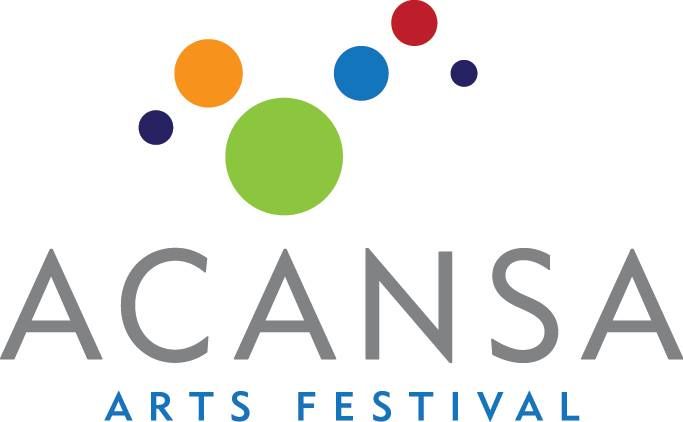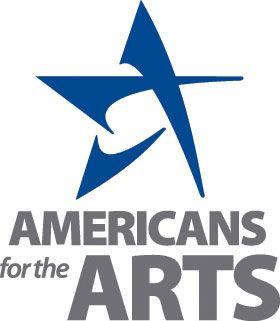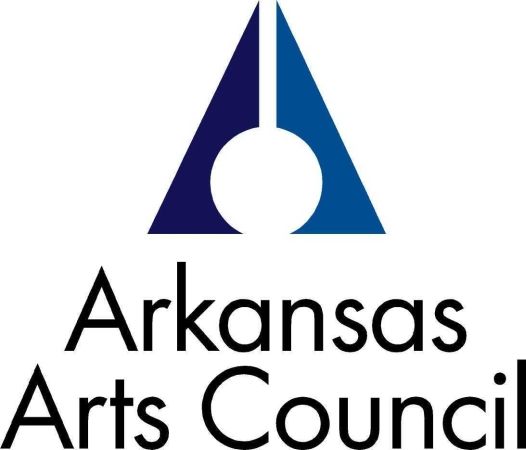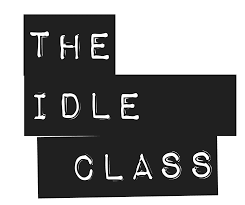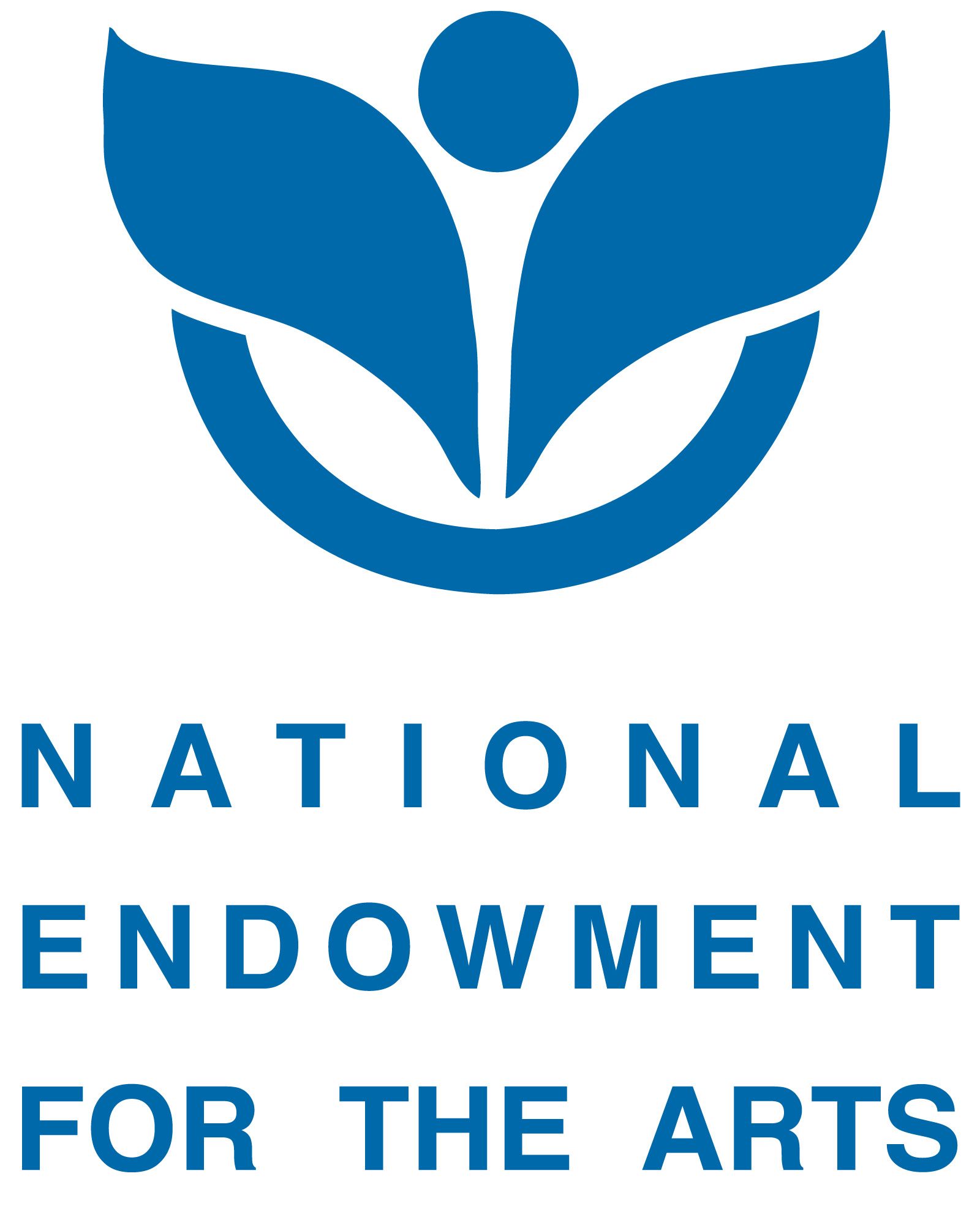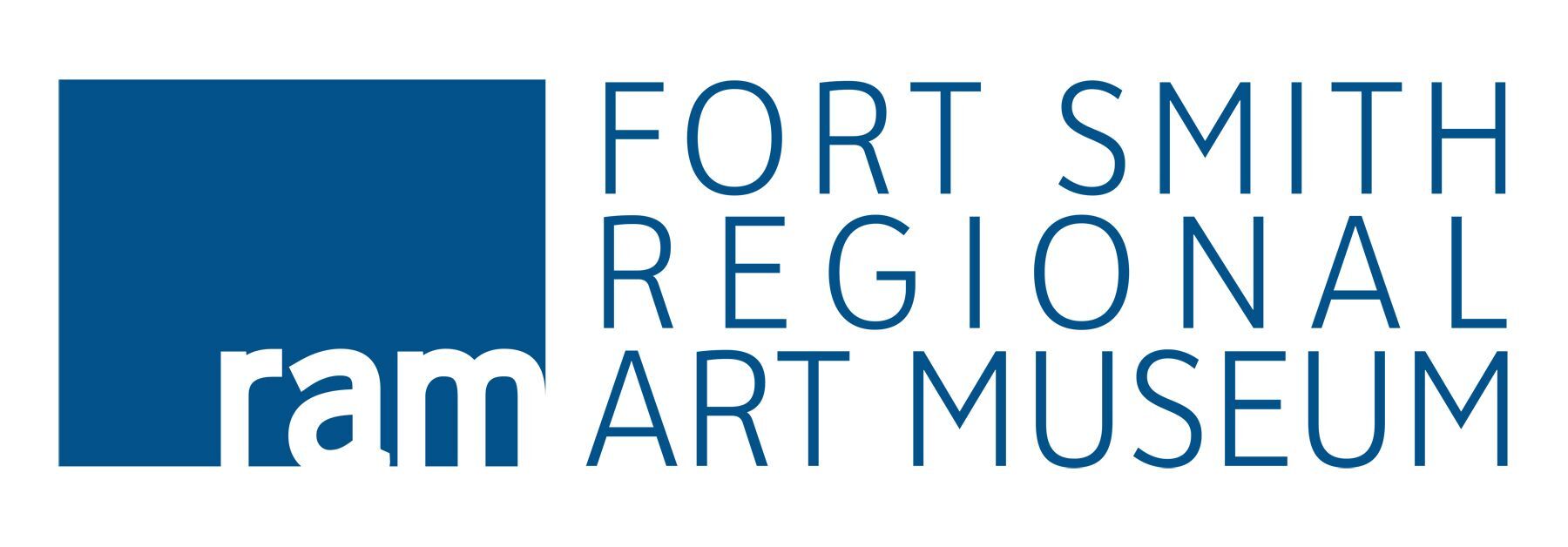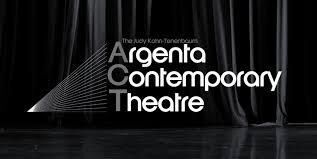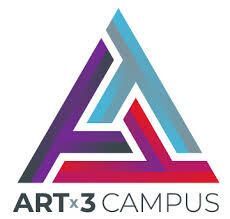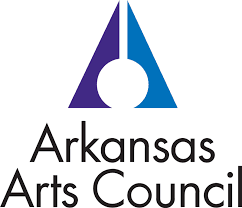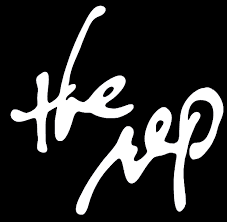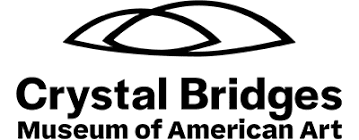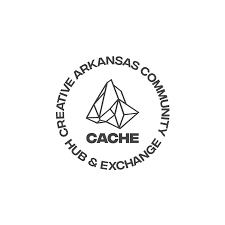Creative Campuses for the Creative Economy
By Jake Hertzog
Before the pandemic shuttered innumerable aspects of collegiate life, a stroll across campus at the University of Arkansas would highlight to even a casual observer the many entertainment options offered by the university’s programs. Each evening, a proverbial Greenwich Village of artists, musicians, actors, designers, comedians and famous visitors would offer their talents to institutional and community audiences. My home department, the Department of Music, presented hundreds of concerts each year, all available to the public. In the world after the pandemic, I am eagerly looking forward to the return of this creative cornucopia. These daily operations of arts disciplines in higher education are unique to each institution and each community, but viewed collectively, they add up to an entire ecosystem of arts organizations serving as major hubs for the wider creative economy. The arts fields themselves produce graduates with skills that are valuable far outside the stage or the gallery: aesthetics, collaboration, leadership, creativity, improvisation, and increasingly, technological fluency.
Scholarship and public commentary on the modern creative economy is abundant and policymakers across the globe are working to nurture and grow these important sectors. Recent reports from cities such as Seattle and Houston showcase the critical role of the creative sectors in our contemporary workforce. At the state level, while the broad contributions of higher education systems to economic development and research are well acknowledged, the key to the creative economy is creative education. A recent study of the European Labor Force Survey demonstrated higher education degrees are directly linked to job acquisition in the creative sectors and a vital ingredient in the successful creative economies. Time magazine recently declared that all companies are tech companies, and it is equally true that all employers are creative employers. We need our minds of the future to be adaptable, artistic, and technically proficient.
In this way, Arkansas is well-positioned for creative economic success. Arkansas has over fifty post-secondary institutions offering dozens of credentials in creative fields ranging from associates degrees and certificates to doctoral programs. These creative campuses not only help attract and produce the next generation of creators, they also serve as connecting points between the arts and other disciplines – a role of crucial relevance in our interconnected world. At the University of Arkansas Department of Music, we are building bridges across our institution through our new student-run record label, reaching to incorporate computer science, statistics, data science, marketing, and music production; reflecting how interdisciplinary the music industry has become.
The challenge ahead for creative stakeholders is to recognize the intrinsic value of the arts disciplines in higher education and help to advocate for these important programs.
Conceptualizing our collective creative education programs as a state-wide ecosystem facilitates the kind of interdisciplinary thinking required for the 21st century workforce. Our programmers need design skills, our musicians need entrepreneurship skills, and our technological innovators need to be able to improvise new solutions to new problems. Arts programs draw talent, train creatives, produce innovations, and enable strong creative economies to flourish. Arkansans are uniquely situated to capitalize on growth in the creative economy that will drive the next decade and aid in the recovery from the pandemic. Students, faculty, institutions, employers, and policymakers should all collaborate on increasing access to these pathways to creative sector jobs. By supporting our creative campuses, we can all benefit from the talent of tomorrow.
Jake Hertzog is a Senior Instructor of Guitar and Jazz Area Coordinator in the Department of Music at the University of Arkansas. The views expressed here are his own.


